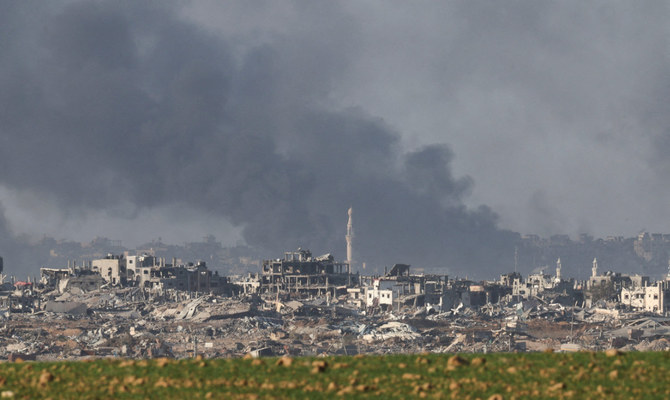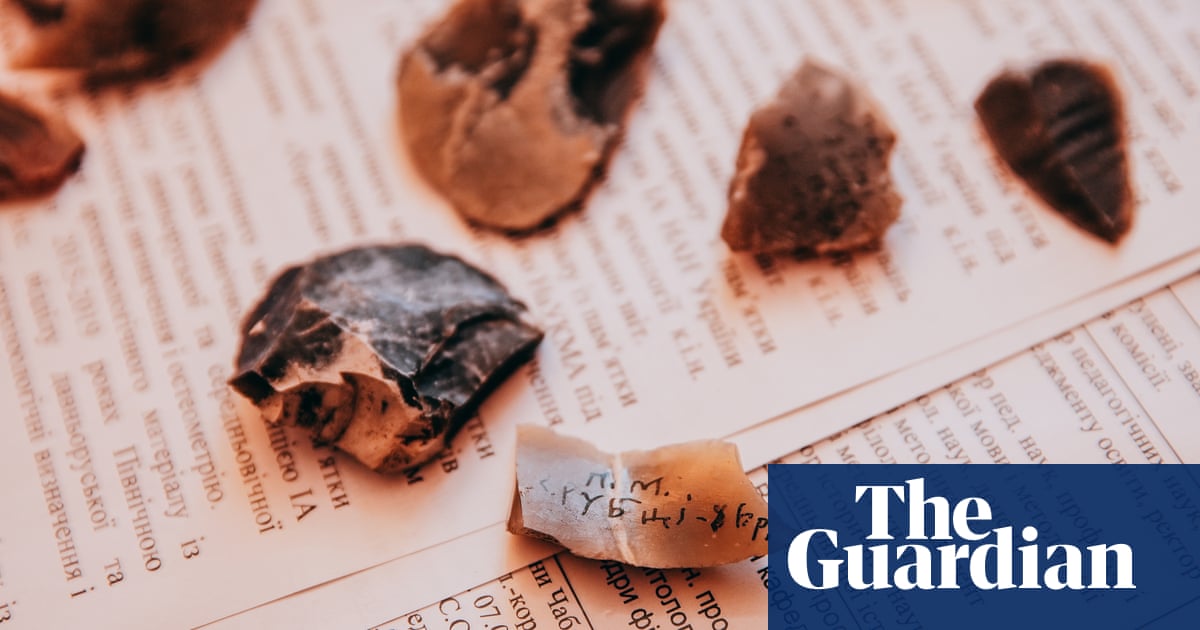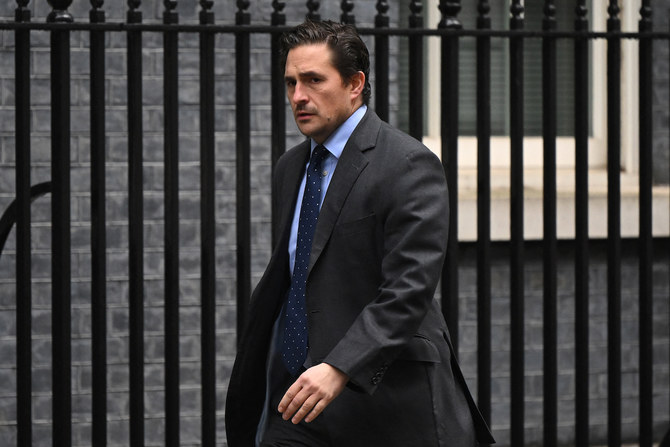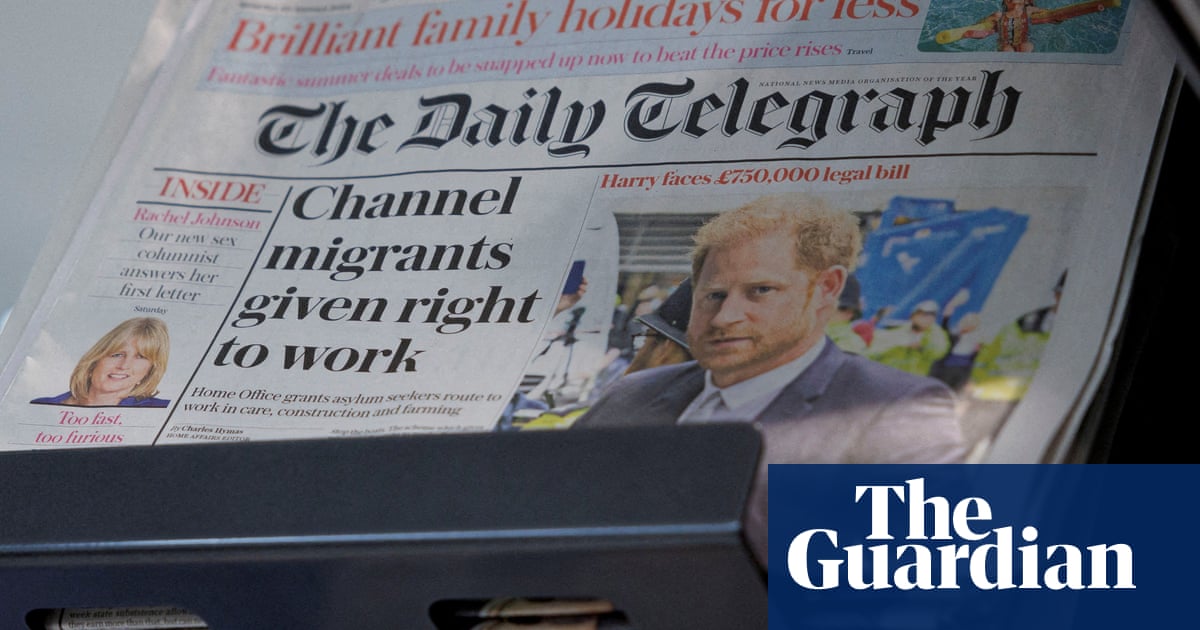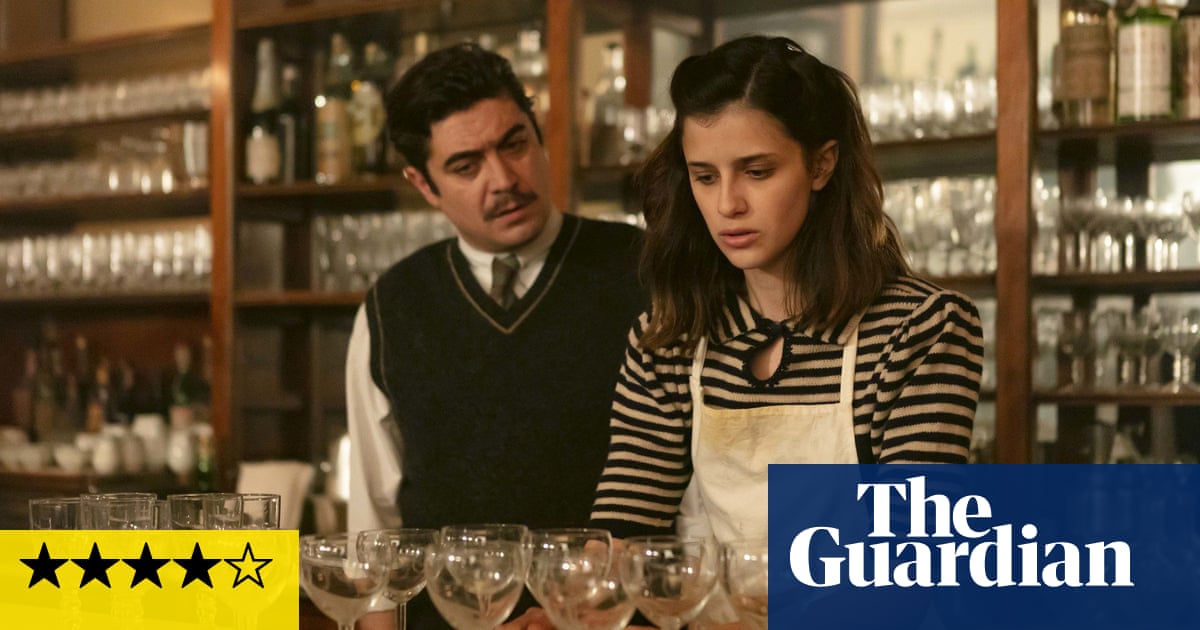
Twenty years after the start of the coalition invasion of Afghanistan, the chaos of the withdrawal has prompted calls from cross-party politicians for an independent inquiry to take a cold, strategic look at what went wrong. The government has so far shown no enthusiasm, but even if a formal investigation were to be launched, the experience of the much-delayed Chilcot Iraq inquiry suggests it would be years before any conclusions were published.
For those who would like a swifter response, a British-Romanian theatre company in London will attempt this week to complete the task itself. The People’s Tribunal on Crimes of Aggression: Afghanistan Sessions is a hybrid artistic and legal experiment by the Béznă troupe that will call 26 witnesses over three days to give evidence on Britain’s involvement in the invasion. At the end of the hearings, a panel of citizen judges will make a ruling on whether Britain is guilty of crimes of aggression.
Camden People’s theatre will be set up like a court, with the witnesses taking centre stage and prosecution advocates taking them through their evidence while the tribunal judges look on. Audiences will come and go over the three days, sitting in the theatrical equivalent of the public gallery to observe the testimonies of those called forward. A livestream of the event will be available online.
The play’s creators have been working with human rights academics at the International State Crime Initiative, a research centre at Queen Mary University of London. They hope to spark debate about Britain’s domestic and foreign policy. “It’s not a traditional play,” says producer Claire Gilbert. “It’s not a court trial. It’s both and it’s neither. The important thing for us is that people engage.”
Some of the witnesses will be in the theatre to present their evidence in person. Other participants have prerecorded their contributions or will be speaking live by phone from Afghanistan. And some will be actors performing semi-fictionalised dramatic accounts. Audiences will hear from Moazzam Begg, the British man who was accused of being an al-Qaida operative and detained as an enemy combatant in the Bagram internment camp in Afghanistan and later in Guantanamo Bay. There will be evidence from Gulwali Passarlay, the author of My Lightless Sky, a powerful account of his 12-month flight to the UK from Afghanistan as a child refugee after his father was killed in a gun battle with the US army.
Many of the witnesses are people who experienced violence during the coalition invasion and much of the material is likely to be painful to listen to. On day three, the tribunal prosecutor will cross-examine Ayshea Wazil about her death, aged seven, when British soldiers fired at the car she was traveling in with her family as they drove to the market in December 2007.
“The windows on the car, they all smashed,” Palestinian actress Sama Rantisi will say, when she powerfully brings Ayshea back to life to give posthumous evidence. “My dad fell on to me, there was a lot of blood and loud gun sounds. I could hear Mum saying ‘Get down’ but then I didn’t hear her anymore. The loudest was a man shouting outside the car. He sounded like the English man from the TV. ‘What are you doing? You shot a family, you shot a family, you shot a family!’ He just kept shouting this, he was scared.”
The directors invited former prime minister Tony Blair to give evidence for the defence. There has been no response, although Gilbert graciously notes that his reply may be lost in her spam folder. So instead the company have put together a defence package for the current and previous governments, justifying their actions over the past 20 years. On the final afternoon, the panel of three judges – journalist Malia Bouattia, academic Sanaa Alimia and Afghan Hany Rahimi – will present their findings.
It is a hugely ambitious logistical exercise with many moving parts, and the list of witnesses has been changing daily. “We’re only rehearsing what we can. It is going to be raw and live,” says co-creator Nico Vaccari.
He and Sînziana Cojocărescu have been working on the project for over a year. When they began, they thought they would need to remind audiences why the subject matter remains important. Opening her case, the prosecution lawyer (played by Shala Nyx) comments: “Although the ‘war on terror’ is 20 years old, and it may seem that it has no bearing on your life, we live in a world of connection in which we cannot plead ignorance. We cannot pretend that we do not see the cloud of dust. We cannot pretend that we cannot feel the tremors.”
Béznă did not anticipate how the crisis in Kabul would catapult the issue back to top of the political agenda. They hope the exercise will offer audiences a nuanced insight into two decades of involvement in Afghanistan. “It’s more necessary than ever to have a complex conversation about what happened,” Cojocărescu says.




